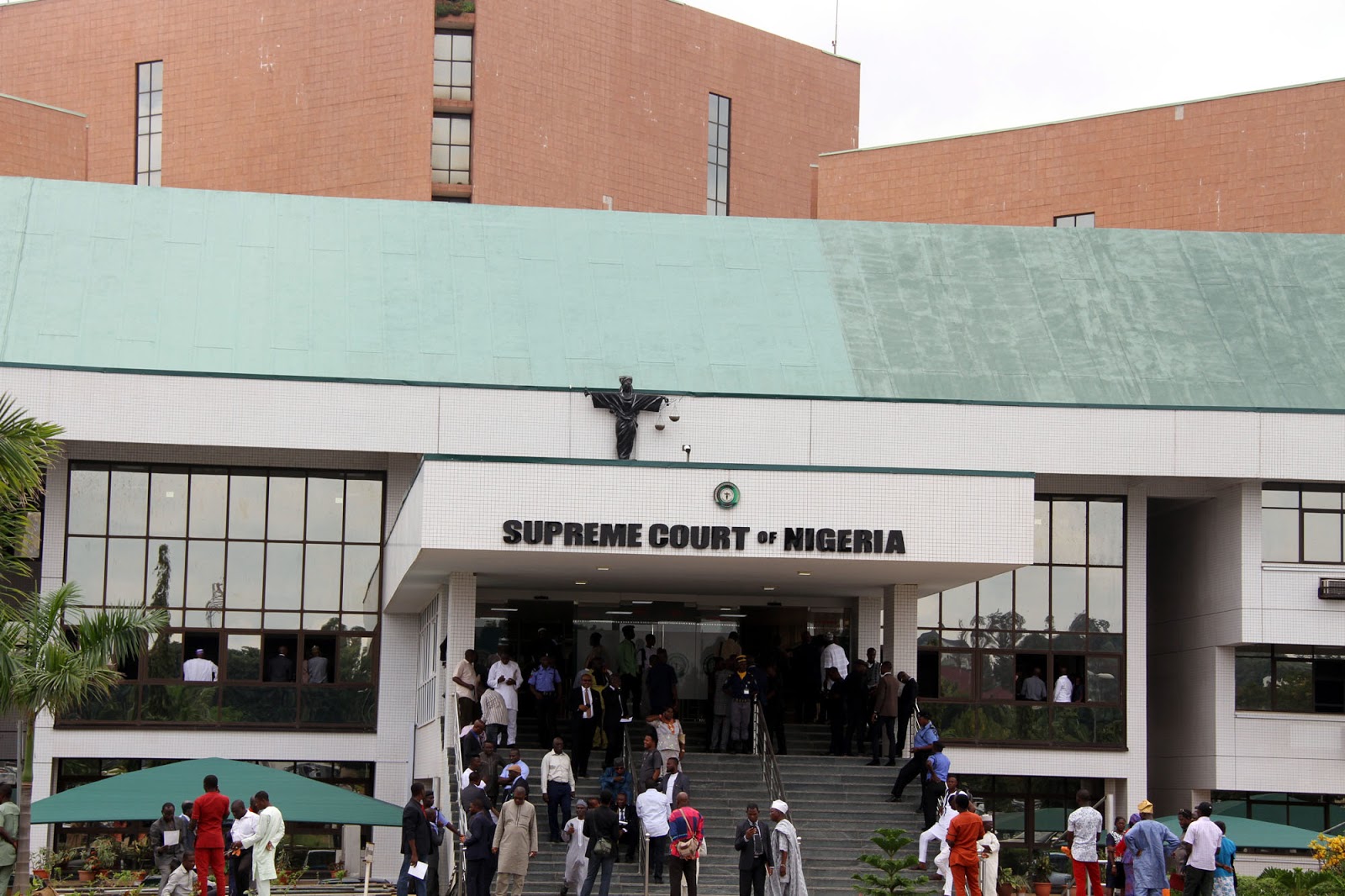The Supreme Court has struck out a suit brought by the Attorney- General of Ekiti State, Olawale Fapohunda, against the Attorney-General of the Federation regarding the legality of virtual court sittings.
In the suit, Mr Fapohunda asked the court to determine whether the directive issued by the AGF to the Heads of Courts at Federal and State levels, as it relates to the conduct of virtual proceedings in court, is not a violation of the federalism provisions of the 1999 Constitution.
He also asked the apex court to determine if the directive issued in line with the National Judicial Council is not a violation of the constitutional provisions on fair hearing as it relates to the conduct of criminal trials in public.
Furthermore, Fapohunda asked the court to set aside or strike down directives to the extent that they purport to be binding on the Ekiti State High Court for being inconsistent with the 1999 Constitution of the Federal Republic of Nigeria.
Apart from the Attorney General of the Federation, the Attorneys General of Lagos and Ogun States who have implemented virtual court proceedings were also listed as second and third defendants.
Ekiti State further asked that the Supreme Court determines whether the AGF’s guidelines are not a derogation from the legislative, executive and judicial law-making, law execution and adjudicatory rules making powers exclusively vested in states of the federation in respect of states courts, by virtue of Sections 1(3), 4(6), 5(2), 6(2), 272 and 272 and 274 of the Constitution.








